Benghazi Bikers Rev Up To Show Another Side Of Libya
Bikers of Libya's Mediterranean city of Benghazi, the cradle of its 2011 revolution and a one-time Islamist bastion, rev up their motors to show another side to their war-scarred country.
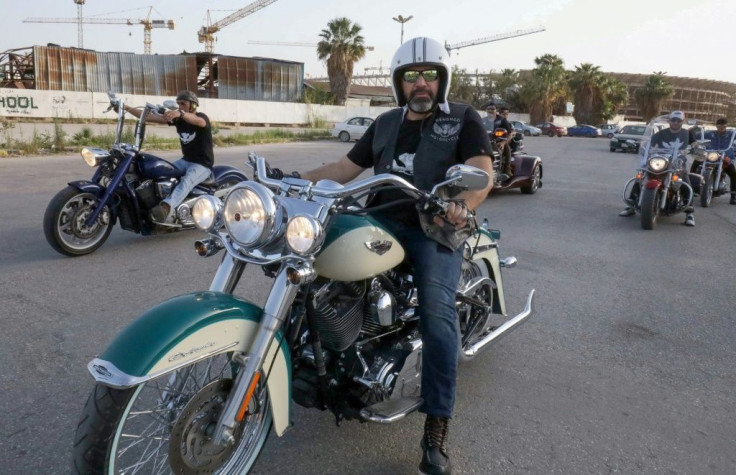
In a cocktail of gleaming chrome and rumbling engines, dozens of heavy-duty motorbike enthusiasts in their leathers tear up the asphalt in regular parades through the streets of the wind-strewn city.
The convoy of Harleys, Hondas and Kawasakis emerges from the headquarters of the Benghazi Motorcycles Club.
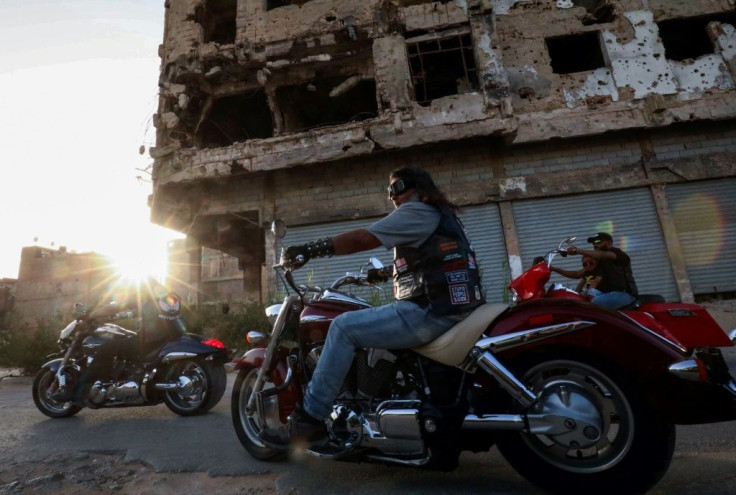
For the club's members, biking is not only a passion, it's also a way of portraying the city in a different light -- a semblance of normality despite Libya's pervasive divisions and violence.
"There are those who fight, and there are those who have a passion," the club's proud president Ahmed al-Fitouri says from behind a thick beard and long hair.
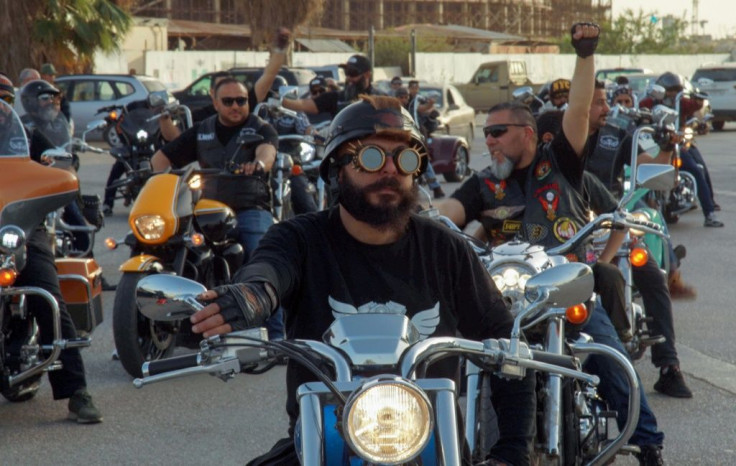
"We've had French and British crews film us, and we've shown them that not all Libyans make war, they're not all criminals," he says.
Two by two, the bikers parade through Benghazi's alleys and main roads, arms perched on the handlebars.
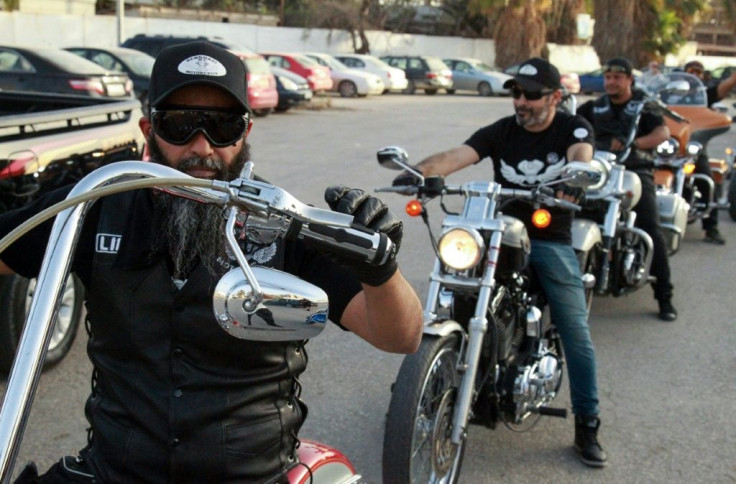
Onlookers watch or film and honking car drivers contribute to the cacophony as they ride past war-battered buildings.
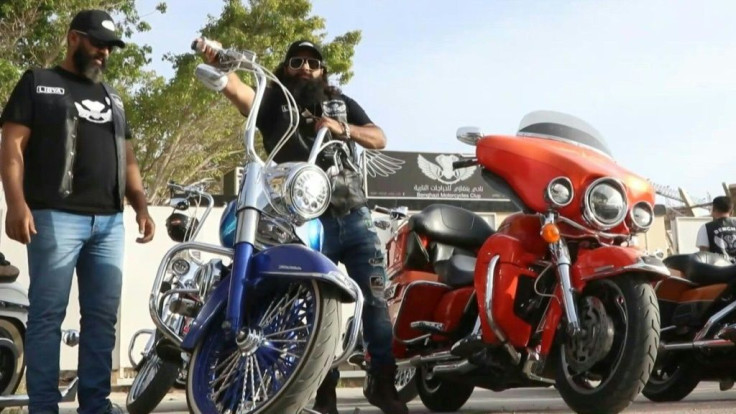
The motorcycle club, which has a Harley-Davidson-inspired eagle as its emblem, boasts 120 members and they are "all enthusiasts", says Fitouri.
It was established in 2014 on the initiative of a group of amateurs, right in the thick of a second battle for control of their city, three years after the fall of Libya's longtime leader Moamer Kadhafi.
Even at that time of rampant insecurity before Islamist militias were expelled, club members staged public shows.
Before the revolt that put an end to more than four decades of dictatorship, bikers were "marginalised" members of Benghazi society, says Fakhri Mustapha al-Hassi, the club's vice president.
"But that image has changed," says Hassi, a lively character sporting a leather waistcoat and a black bandana.
"Now families and children come to have their picture taken with us."
During Ramadan, the bikers distributed snacks and drinks to motorists running late for "iftar", the meal that breaks the daily dawn-to-dusk fast of the Muslim holy month that ended this week.
All this "gives a good image" of the country, club president Fitouri says.
© Copyright AFP {{Year}}. All rights reserved.





















